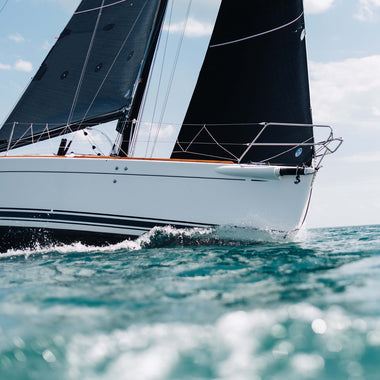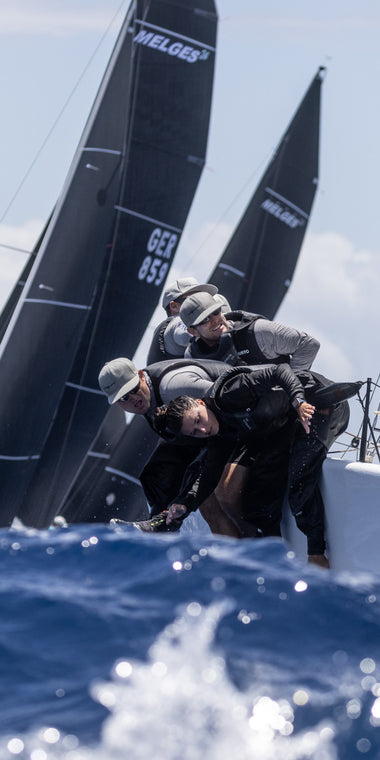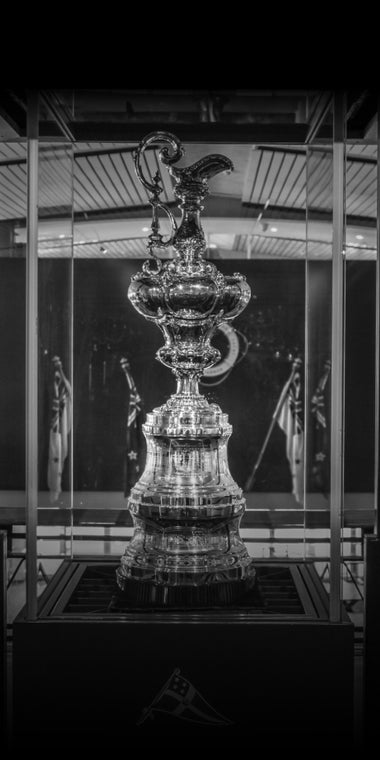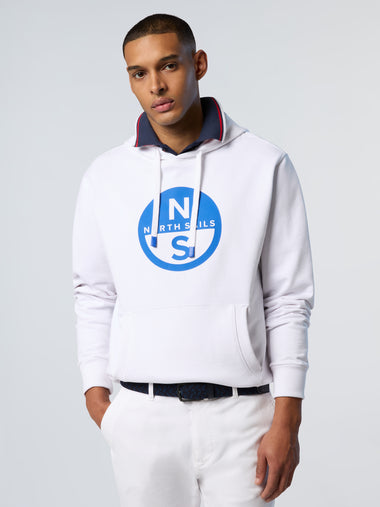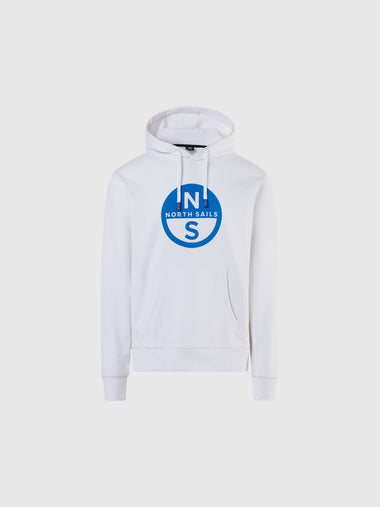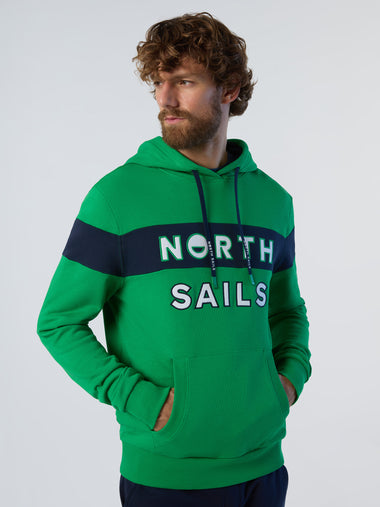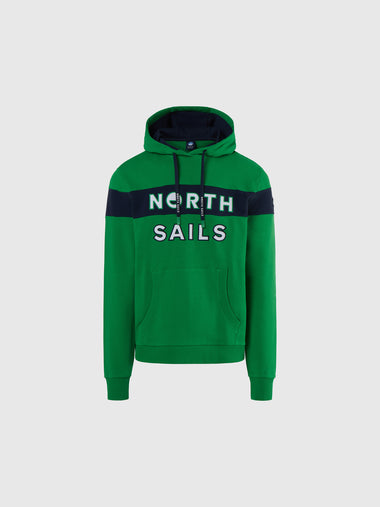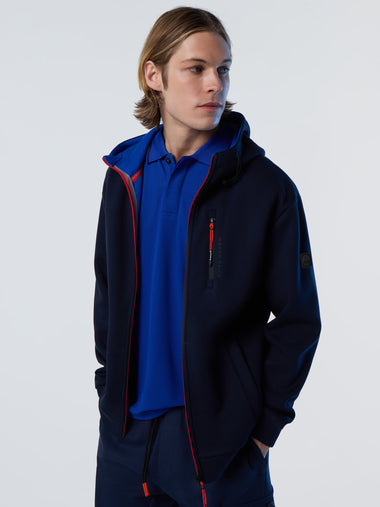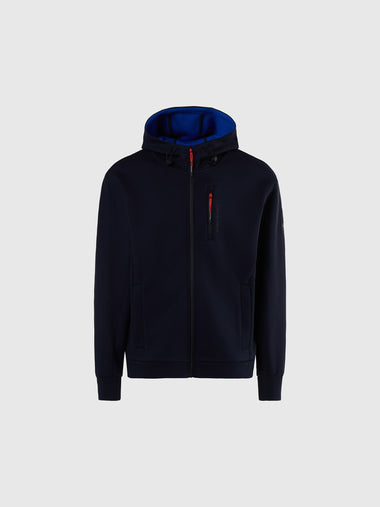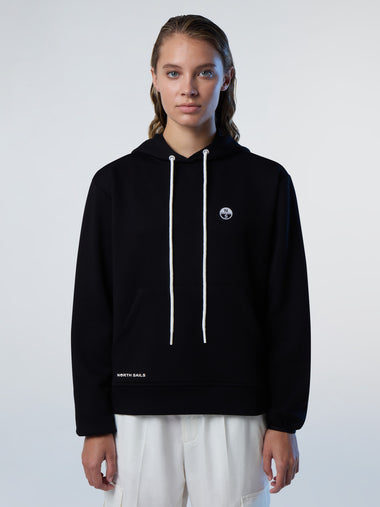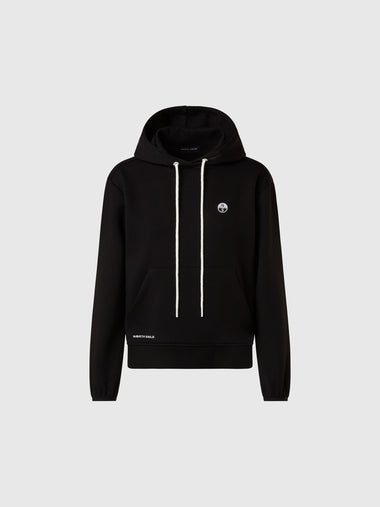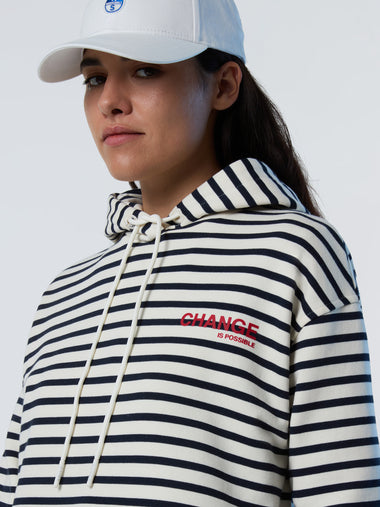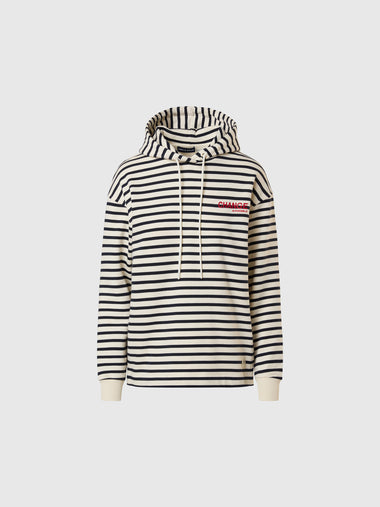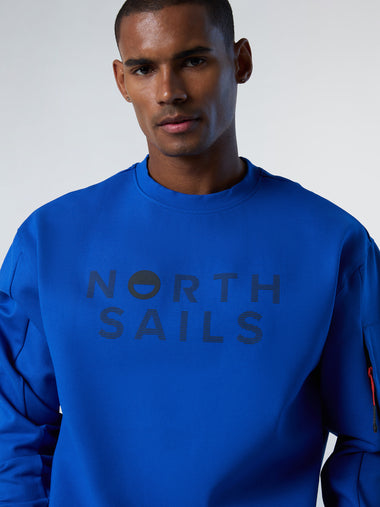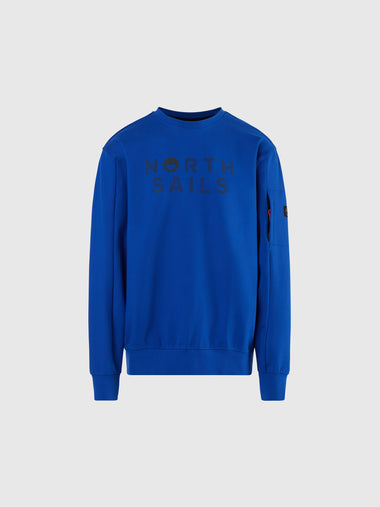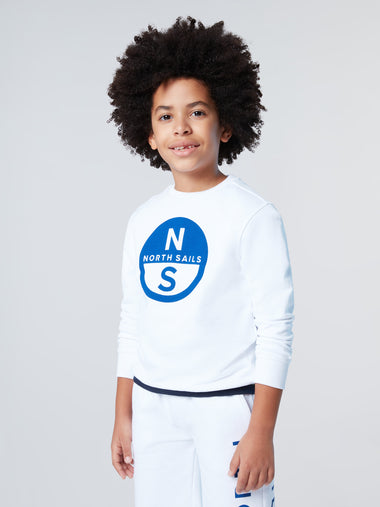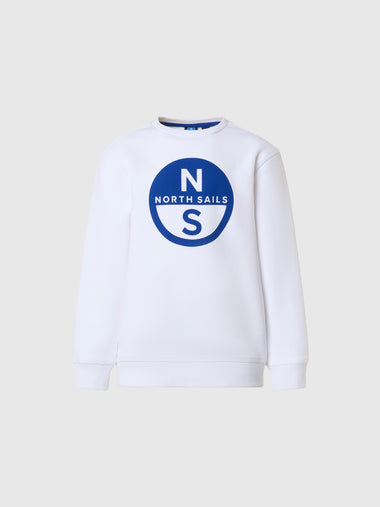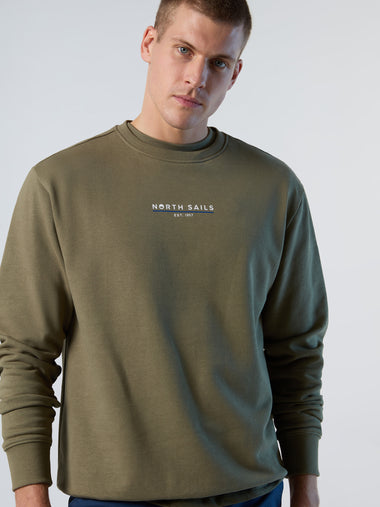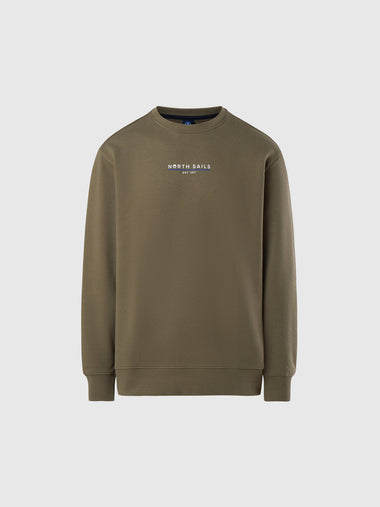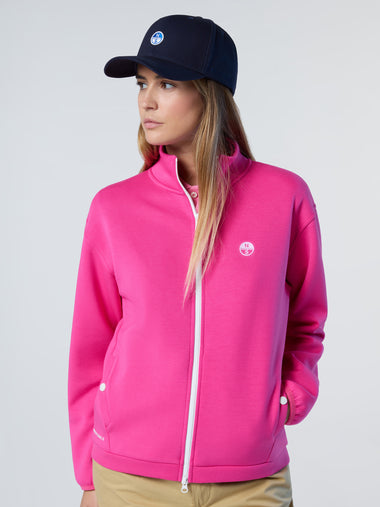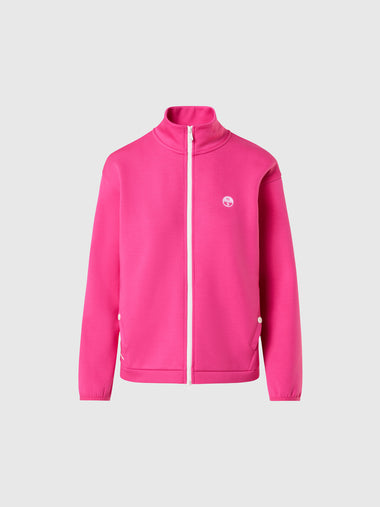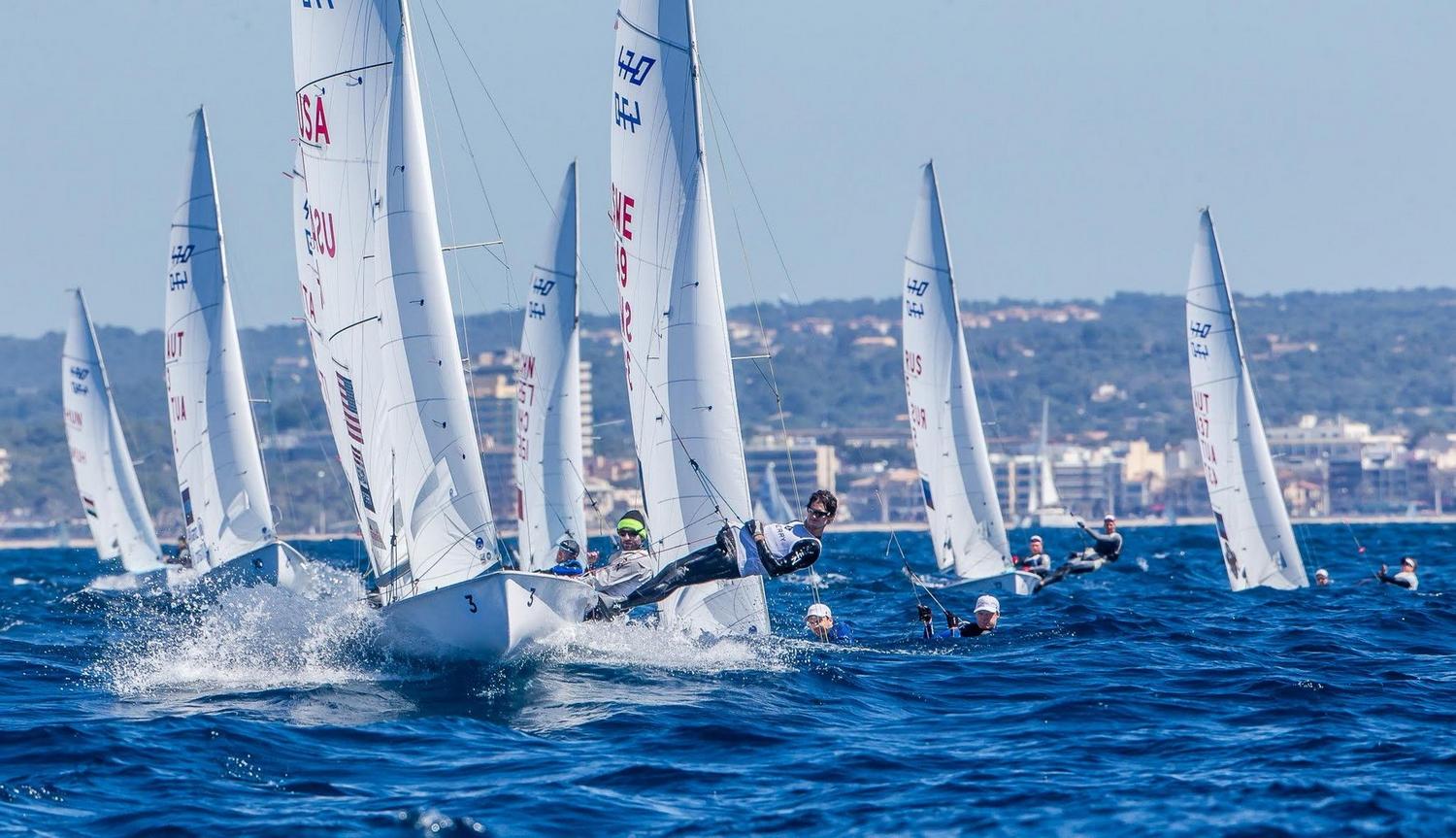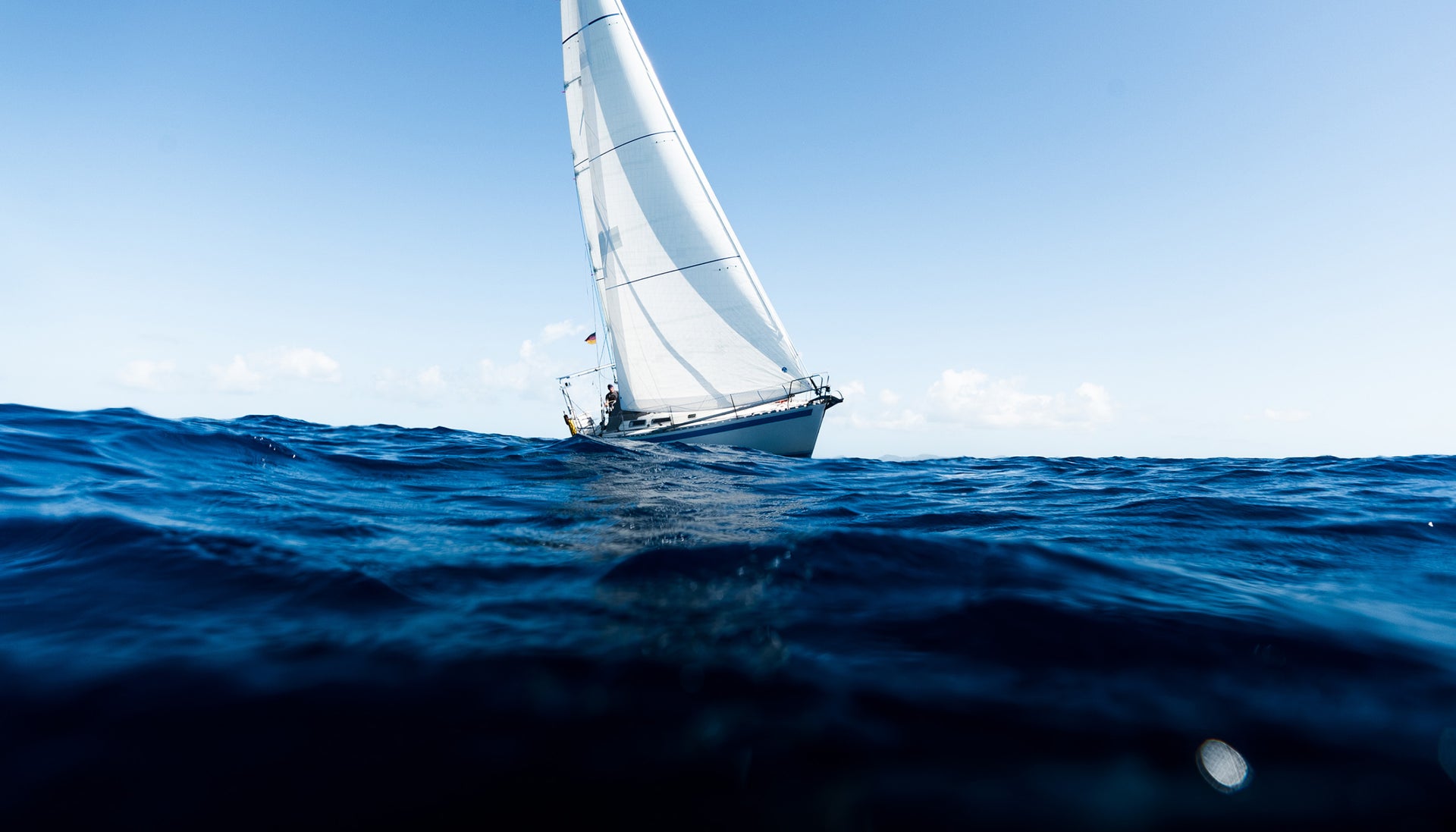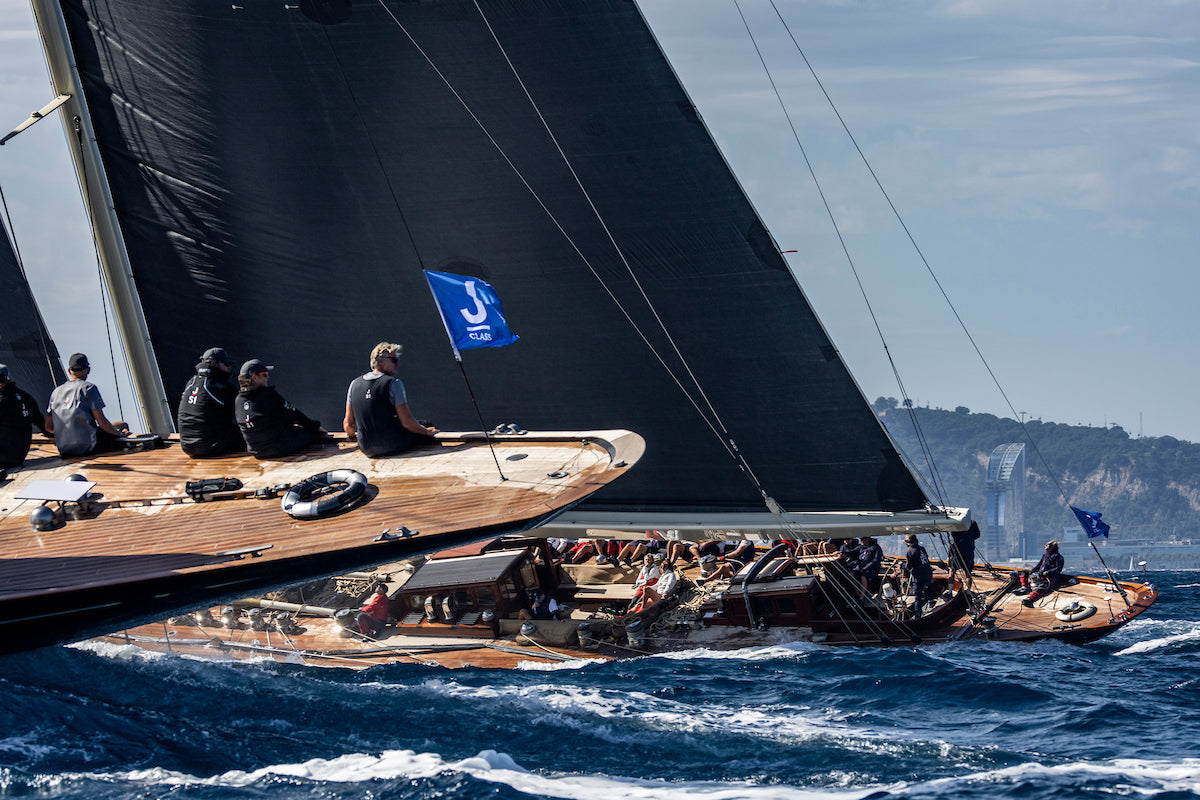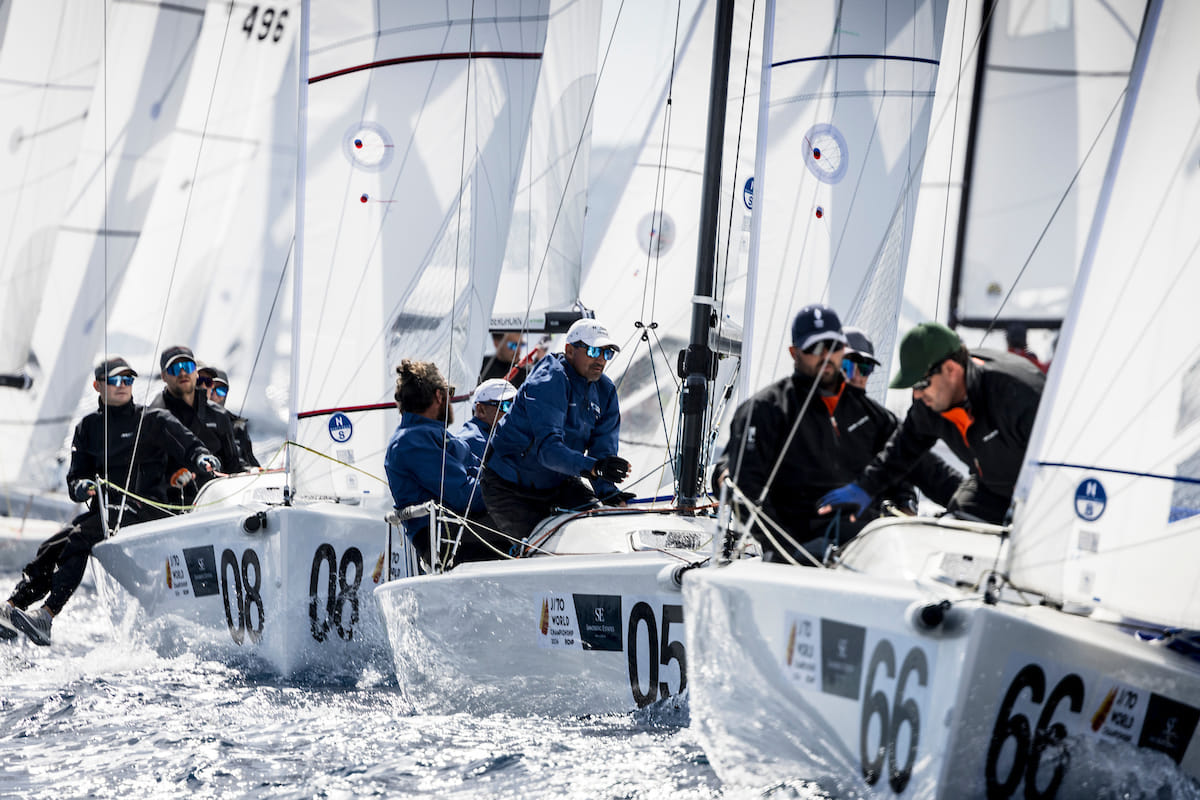PERSONAL BEST: MCNAY AND HUGHES ROLL INTO RIO 2016
US Men’s 470 Olympic contenders Stu McNay and Dave Hughes take up final preparations for the Rio Games. Hear from Dave on the importance of training, drawing from experience, and setting goals for the Big Event.
With your first Olympics as an athlete just around the corner, how are you feeling? After an impressive run of podium finishes over the last few seasons, you must be approaching the Games with a certain level of confidence?
Those medals do hold importance. They prove to ourselves and our competitors that we have what it takes to win big events. More importantly, repeat medalling shows it’s not just a fluke. That said, you can never rest on past successes. Yes, they give confidence, but the real confidence comes with focused training and processes, and the calmness with which you can execute on game day.
What are your goals for the Games? Which other teams will be pushing you hard?
Our goal has always been the same — race a solid regatta at the standard we expect from ourselves. If we do that, we will be rewarded with an Olympic medal. Every team will be pushing hard. That’s what makes the Games so special. We are looking forward to competing within that vibe of excellence.
You’ll be racing with an experienced Olympian in Stu McNay, tell us how important this is.
Stu is a true champion. Being a veteran of the Olympic experience is an irreplaceable asset. Even now during our final preparations, Stu clearly has the mature perspective that can only come from having danced the Olympic dance before.
You were part of the coaching team for US Sailing at London 2012 – what were you able to learn and take away from this experience? It must have given you an insight into the scale of the games?
Yes, I was the US Olympic Team coach for the 49er. Similar to Stu’s Olympic experience, having been on the coaching side also gives awesome insight into the entire Olympic experience and, specifically, managing the Olympic regatta as a stand-alone event. Coaching forces you to take a holistic approach to the regatta. I lean on that experience almost daily.
Give us an update on your final training?
We’ve just completed two longer stints in Rio during May and June. Each training block culminated with a coaches’ regatta (“Acts”) with all or most of the Olympic players on the water. These were excellent formats for testing final equipment, learning more about the courses, and executing against teams at their best. We were fortunate enough to win both Act-1 and Act-2. In July, we are back in Rio for two weeks for Act-3. Final US Olympic Team processing takes place in Houston at the end of July, after which we’ll fly down for the Big Event.
For those not familiar with dinghy sailing, what are the characteristics of 470 racing?
Frankly, I love the 470. It’s a lively boat. I’m constantly learning new ways to make it sail faster. It performs in 5 knots to 30+ knots. It races well as a light-air displacement boat or heavy-air planing dinghy. There are so many technique modes both upwind and down, so it’s never one-dimensional. The overall level of the fleet is extremely high, ensuring tight racing at every regatta. Sail the 470 in a Mistral in Southern France and you’ll be hooked!
What were the key factors behind your decision to be powered with North Sails to give you a competitive advantage? What products are you working with?
Our entire inventory is North Sails – main, jib, spinnaker. It has been that way throughout our campaign. The sails are smooth and consistent. The finish work is superb. We’ve taken on a variety of special projects and testing, and the North team has always been a pleasure to work with. Their knowledge and technology are second to none. We love the products and saw no reason to go elsewhere.
The US Sailing Team for the Olympics looks one of the strongest rosters in recent memory – do you think dinghy sailing in the States is in good shape? Do you get to hang out with the wider team in the build up to the Games?
Most of us have been traveling together to the same World Cup events for years. The same has been true with our training in Rio, although each fleet might hold slightly different schedules. As we lead into the Games, the entire team is logging time down in Rio. Bigger picture, dinghy sailing in the States is in fine shape, particularly with youth classes and established classes, like the Snipe. Even with all the foiling options out there these days, one design dinghy sailing is still by far the best bang-for-your-buck racing available. I’d love to see more college graduates find their way into local fleets. I wish the 470 would make a comeback as a local, non-Olympic-path, racer in the US. Dinghy sailing enthusiasts, like myself, always want to see more growth.
Finally, what are you looking forward to the most about the Rio Olympics?
Being at my personal best and attacking the Olympic Regatta with my good friend, Stu!!
Images (c) Sailing Energy/ Jesus Renedo
